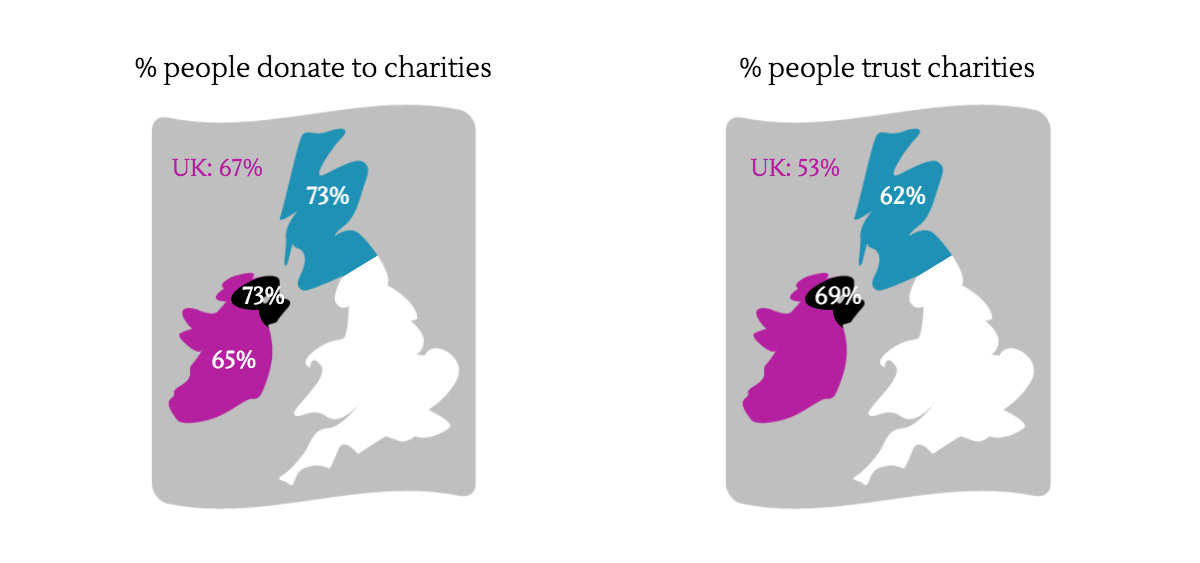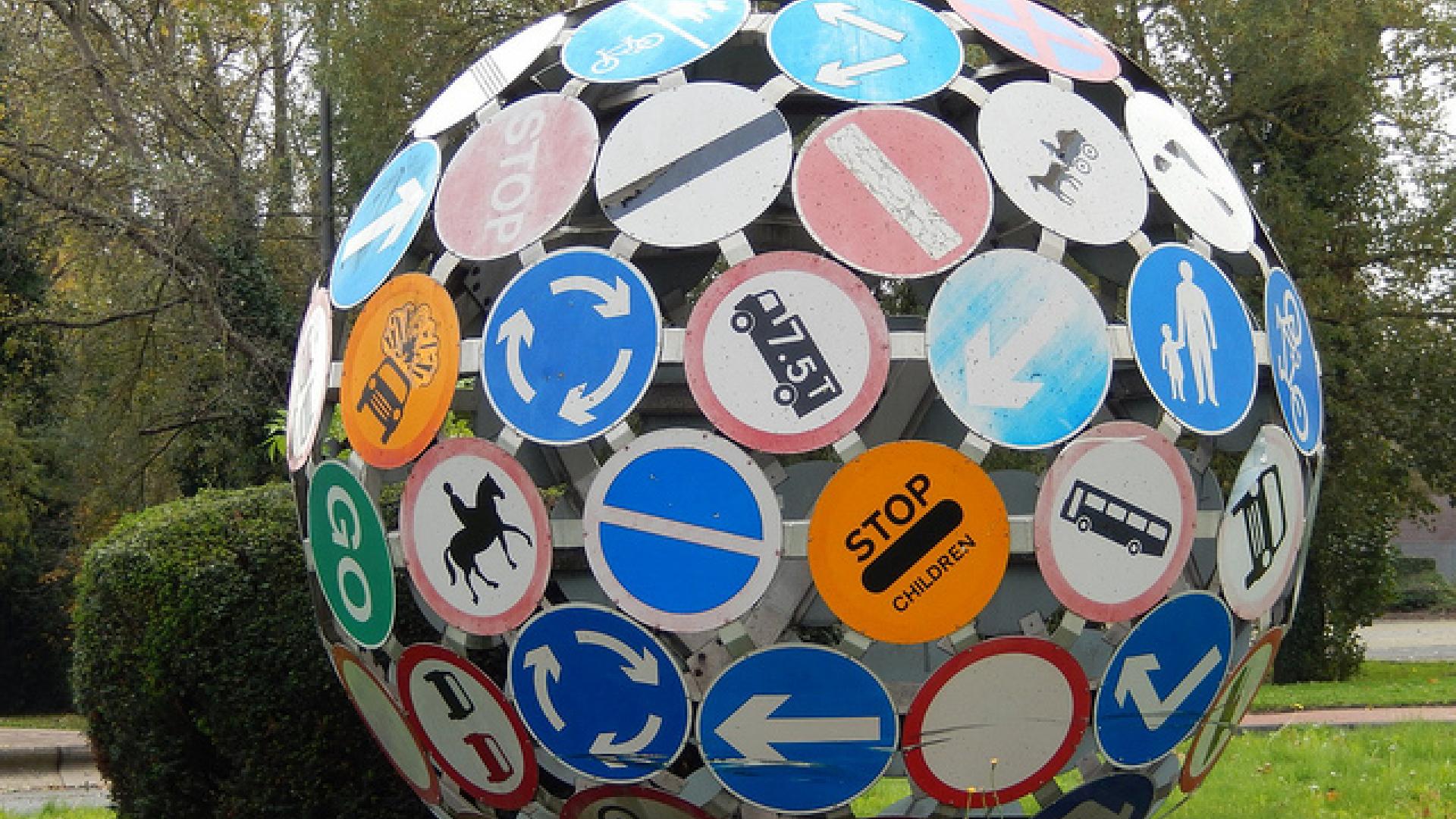Next month nfpSynergy will be running its first ever research to find out how the people of Wales view charities. This will sit alongside our research in Scotland and Northern Ireland, and we are excited to find out how Welsh perceptions of charities differ to those of their Scottish and Northern Irish counterparts.
This research comes at a vital time as the Welsh charity sector has been facing some serious challenges. They’ve been affected by many of the issues facing the rest of the UK, including austerity and funding cuts combined with increasing demands for their services.
But they are also working with a population that are older, with a lower average income and poorer health than the rest of the UK population, meaning demand for their services is even more acute. What’s more, Welsh charities are particularly reliant of a decreasing pool of public sector funding.
To overcome these challenges and increase their fundraising income it is essential that Welsh charities understand their supporters and the public.
Since 2007, nfpSynergy has conducted regular tracking research with the Scottish and Northern Irish public in order to support and strengthen charities. Our research has shown how important it is that the charities working with them understand as much as possible their own potential donors and beneficiaries.
One of the biggest differences we’ve found is in levels of donations. The percentage of people donating to charities in Scotland and Northern Ireland has been holding steady at 73%, whereas levels in Britain and the Republic of Ireland have declined.
Reassuringly for charities working in these areas, trust in charities has also remained higher among the Northern Ireland and Scottish public than in the UK as a whole. It will be interesting to see what impact the media coverage this summer had on these results and where the Welsh public sit in comparison.

We have also seen how important localism is to the Scottish public. 48% of people in Scotland would prefer their donations were spent exclusively in Scotland. People were critical of a number of charities who continued fundraising in Wales despite not providing services there, and we can imagine that we might see a similar pattern among the Welsh public and plan to look in more detail about how important a Welsh presence is to potential donors.
Our previous research has shown us how much of a difference the demographics, geography and social and economic factors of each audience can make to their awareness and attitudes towards individual charities, especially as each audience is also interacting with a different set of charities.
In Northern Ireland this consists of a mix of Irish and UK brands, as well as smaller local charities working exclusively in the area, and Scottish and Welsh charities similarly face competition from both branches of some of the biggest UK brands, as well as more local charities.
It is, therefore, vital that charities are aware of their own audience, both in terms of potential supporters and beneficiaries
To find out how research can help you strengthen your organisation, contact us on insight@nfpsynergy.net or 0207 426 8888. For more information about our research in Wales, Scotland or Northern Ireland, click here.
I am really interested in
I am really interested in this piece of research. If there is anything the CVC's / Third Sector Support Wales can do to support this work, please let us know.
Hi,
Hi,
Thanks for you comment. We are really keen to work alongside CVC/s/Third Sector support Wales and others keen to help the Welsh charity sector. If you could send me an email at kate.cranstonturner@nfpsynergy.net I can let you know more about the research.
Best wishes,
Kate

